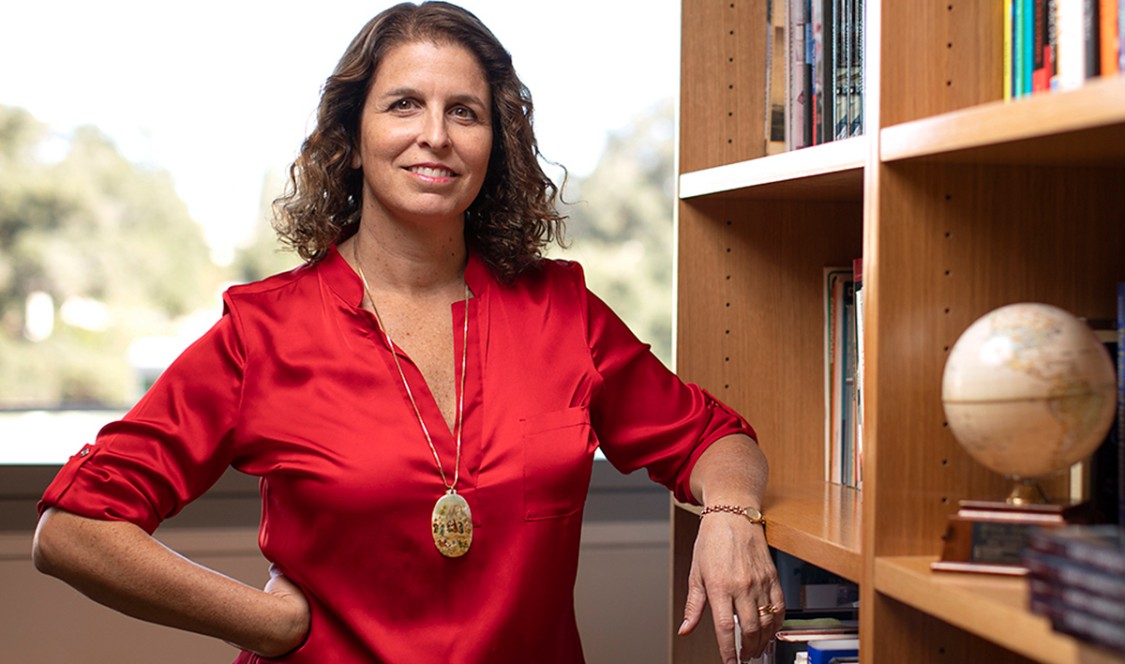The spark: Hilary Appel was an undergraduate when the Berlin Wall fell and the Soviet Union dissolved. “It was the most exciting story of the time,” Appel said. “For someone interested in international politics, it was the most interesting part of the world to study.” Looking back, it is hard not to be disappointed that democracy didn’t take hold in Russia. “There was so much optimism at the time about the political transformations of those countries.”
- Hilary Appel, Podlich Family Professor of Government and George R. Roberts Fellow
- Expertise: Post-communist transitions, Russian politics, West and East European Politics, International Political Economy
- At CMC since: 2000
- Hometown: Glen Ellyn, Illinois
Her new book: Appel’s latest book, From Triumph to Crisis: Neoliberal Economic Reform in Post-Communist Countries (Cambridge University Press, 2018) explains the surprising endurance of neoliberal policymaking in post-communist countries between 1989 and 2008, and the decline that followed the financial crisis. “The book is about their reintegration into the global economy,” Appel said. After the fall of communism, Russia, Poland, Hungary, and other Eastern European countries liberalized trade, deregulated prices, and privatized state-owned enterprises to meet the requirements of the IMF and the European Union in the hopes of spurring economic growth. With so many economies joining the global economy at once, they had to compete for donors and investors, leading to a process Appel and her co-author, Mitchell A. Orenstein, call “competitive signaling.” Some of the countries exceeded even advanced economies in slashing corporate tax rates, protecting central bank independence, and adopting avant garde neoliberal reforms like a flat tax and pension privatization to attract the attention of foreign investors. When capital dried up abruptly after 2008, economic nationalism and populism started to grow. “What is happening today is a backlash against global capitalism,” she says. “Populism is a thin ideology, but it is often the language used to describe the current rejection of free markets.”
On trend: Although Russia and Eastern Europe are of perennial interest to students, Appel’s courses feel particularly timely amid news about Russian media-hacking and meddling in the last U.S. presidential election. Students may be shocked about the accusations, but Appel tells them they shouldn’t be. “Essentially the U.S. and Russia have been attempting to influence each other’s domestic politics, including elections, for decades; what is new is that Russia has gotten better at it and is taking advantage of social media and the West’s free media to do so,” she said.
Favorite teaching tool: Appel travels to Russia and Eastern Europe often, and she likes to pepper her lectures with stories of people she has met. When talking about Russia’s economic collapse in the 1990s, she tells her class about a very accomplished professor she met who had to sell off his gold teeth one by one to put food on the table for his family. “Stories about real people bring life to the flat numbers and statistics,” she said.
–Susan Price

